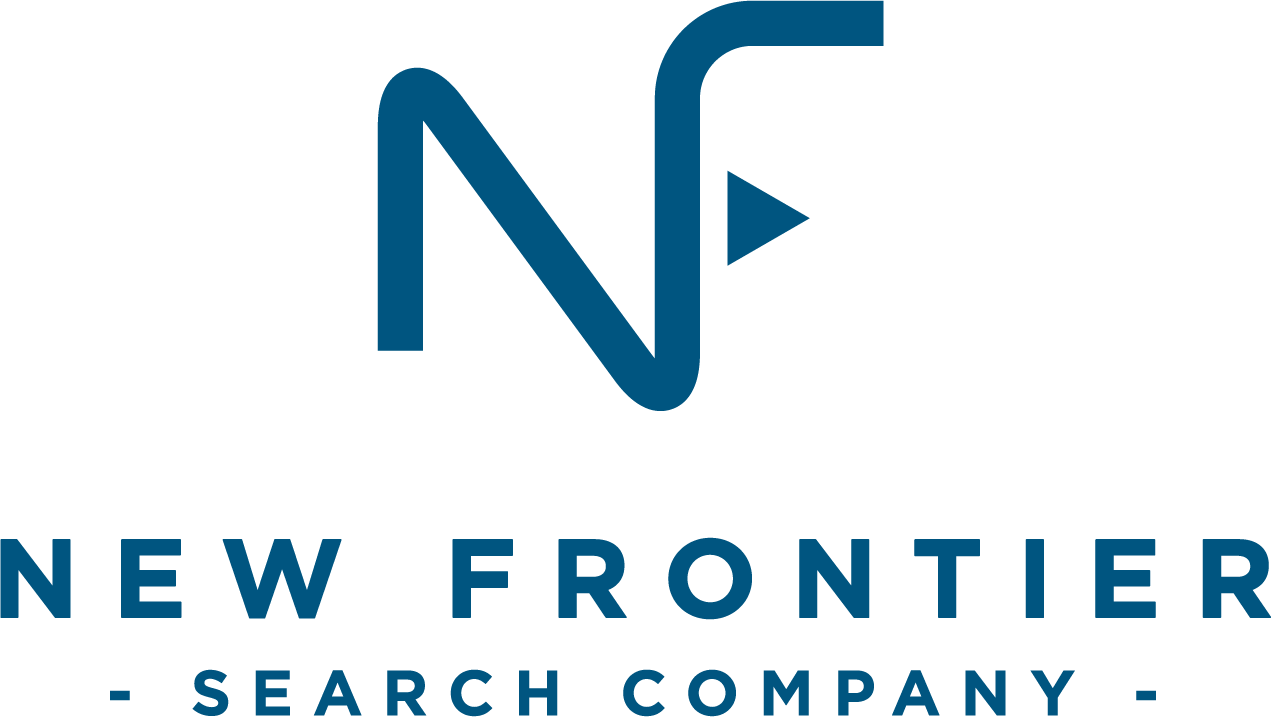Jobs for Pay, Hobbies for Play: How to find that balance point in your world.
/In a split second your eyes see these two images on your screen, you've been unconsciously transported to dozens of memories in your life.
The juxtaposed earth tones and ancient wood textures in these vintage leather accessories I created, are in deep contrast to the cobalt and turquoise sky, above vibrant yellow golds surrounding the bike. The colors deliver a fun piece of eye candy for our retina, while the mind's eye has left to visit all sorts of adventures--real and imaginary--the ones you have stored in your memory banks.
But what does this all have to do with finding your balance of work and passionate play, you ask?
The purpose of these bright images are to demonstrate how your hobbies can become a larger part of your daily business world, as well as help deflect the stress of daily work and give more purpose and direction to your life. And, if you are a hiring manager or executive you need to be aware of the creative aspects and potential within all of your employees; these same employees that work for you 8-6, then go home and create art, write books, design gardens, help the homeless and take pictures of the world around them. So thirsty and desperate for new ideas and approaches to life challenges, we all seek a change in the routine and run from the mundane like the people in Barcelona running with the bulls.
Well-intending parents, counselors, mentors and college marketing departments preach and preach the need to follow your passions, do what you love, chase your dreams. Nice slogans, emotionally-charged and fraught with confusion, limited potential of earnings and sustainability and oversaturated hiring lines. Now don't take this as a downer! The reality of this scenario is that you can have it all--but you're going to have to work for it. It's not your employer's responsibility that you grow, learn or have a wonderful experience. If this happens, great, but remember; it's...your....job. Perspective leads to wisdom.
Here are a few ideas that you may find both compelling and confusing around career change and life balance. Nonetheless, the concepts will give you additional perspectives of what happy and balanced people have done to experience it all.
Work is called "work" for a reason. You were hired to do a job and agreed to do the job and get paid a certain wage to do the job. If you want more money, do a better job, stay later, work to help your boss' life to be easier and study your craft to accelerate your skills. Longevity and loyalty are not strategies to getting promoted, so don't use that excuse. Do something different, better or improve the status quo and you'll be recognized. Hold yourself accountable to make the time and changes needed to secure a new job.
Become more self-aware to what your limiting steps are to advance your career and income. If you have a bad habit or procrastinate, where else do these habits appear in your world? How are these habits invading your work day and stopping your forward growth? What you want to do in life is not as important as what you need to start doing now to change your situation. Analyzing the options to the point of paralysis is your kiss of death to finding better jobs.
Commit do doing the hard, self-reflection work. If you want to find a new job, then commit to finding a new job. Don't wait for the headhunter to call with a "great job." Maybe it is a great job, but if you haven't identified what your keen criteria is for a new role, you're taking a bigger risk--and you will not impress the headhunter or the potential employer with your lack of effort to learn what works best for you.
Share your pursuits and interests. My work as a full time retained search professional keeps me busy everyday, since 1985. And even though the job is demanding and time-consuming, I still make time (notice I didn't say "find" the time) to pursue creative interests that give me satisfaction in a different skills department, as well as allows me to experiment with what other jobs or interests I may want to pursue as I get older and maybe decide to cut back on the daily search routine. My energy levels are also much better if I keep work and hobbies in a appropriate balance and share my interests with friends and family.
Pursue every potential job lead to the end of the earth. Don't try to predict or limit yourself to only meeting with people that seem to fit your world. The job you find is many times 2-4 times removed from your original referral or networking friend. The job you can secure an interview for, may not work out, but that hiring manager may have a friend that needs you or have another job that is not posted. Or you learn about their competition and track down the hiring manager there. Managers can't find you if you're sitting at your kitchen table. Get out in the universe! This makes sense because people close to you can't envision you doing another job or in a different industry because they feel they know you. The further away from known people, the more you can reinvent/research and reposition your skills to that stranger to allow for more openness in the interview. This gives you time to research, as well.
Engage in deeper interests outside of your job. In empirical and anecdotal studies, researchers have found people that are happier and more successful in life (i.e. higher earnings, more rewarding jobs, better physical health, more stable relationships, better adjusted children) in part, because they have found more satisfaction in one or two hobbies or causes outside of careers. These outside pursuits help offset the stress, distractions and impersonalization of "it's just business" that we all experience at work. Hobbies help us to give back to others and regain our sense of balance, faith in human beings, appreciating nature, gratitude and giving us a real reason to go to work to make money so we can fund our hobbies. In other words, our jobs provide us the "adventure capital" we need to fund our lives outside the job.
Seek intellectual and physical hobbies. Humans are both a lazy species and highly curious crowd. Keeping your mind and memory challenged, engaged and curious is equally as important to your healthy life as the physical exercise and exertion that comes with activities involving kinesthetic movement. If you're like to paint pictures of flowers, then find a reason to dig a hole. If you like sailing, then walk to the marina. Physical activities allow the mind to wander, ponder and reflect on what's going on in your world, as you reduce your stress. This helps you transition from labor to your personal laboratory to find contentment and happiness in your life experiences.
Practice living in the now. Hobbies and physical activities, playing music, art, writing, photography, gardening, all allow us to be focused on the task at hand, making it difficult to pursue another task. The brian is engaged in a way, during these activities, that allow you to experience the pure moment in time with no boundaries, no deadlines or objectives; simply the act of creating something that is new and worth our emotional time. When you find an activity that makes you feel like time flies by or time stands still, then you are in your zone--your place of contentment--that is a good as it gets.
Identify your optimal pleasure spot. What are you doing when you feel at your most content and happy place? What do you experience--or not experience--when you are engaged in some activity that blocks out all other negative stimuli? For myself, as one example, is when I'm working on a woodworking project or crafting a new Lucky Savage accessory to sell or when I speak with a candidate that I can "feel" is the perfect fit for the opening my client has retained me to work on. Or when I'm composing a new song, writing a short story or riding my motorcycle or flying, is when I am most content. These activities are also a subset of the joy of having a relationship with a spouse or significant other. The love and interaction of such relationships have their own beautiful dynamics of joy and satisfaction that you experience as a couple. Seeking out scenarios that allow you to capture the same emotional charges is equally important and gratifying.
Yeah, but what if I hate my job? If you don't like your job, continue to look for a new one. And in the meantime, look for deeper ways you can improve what you do. Find a different purpose or advantage in the work you'd not considered. Try to understand your boss' perspective. Help the boss look good and see what happens. Seek out ways to train/mentor and teach younger workers what you know to give them more confidence in their job. You'll be seen as a more valuable employee as a result. Push the envelope and be strong to suggest changes in the way the business runs that may help. Have confidence that your ideas will be heard and need to be heard. Be visible and find ways to be indispensable.
The power you have in your life to decide the path you take is yours. If you blame others for the situation you are in or for the lack of support, feedback or confidence you don't get, it is your responsibility to correct the situation. Don't enable others to infect your goals with their own agenda. Keep your eye on the bigger goal and be firm in your decisions and trust the research you do--not the opinions that others happily profess to be the truth, when it's not the truth, but merely their perception and misinformation. The more research and hard work you do on yourself will appear in your life and work to become more balanced and successful, as you define the terms you live by: The pursuit of a worthy goal.





